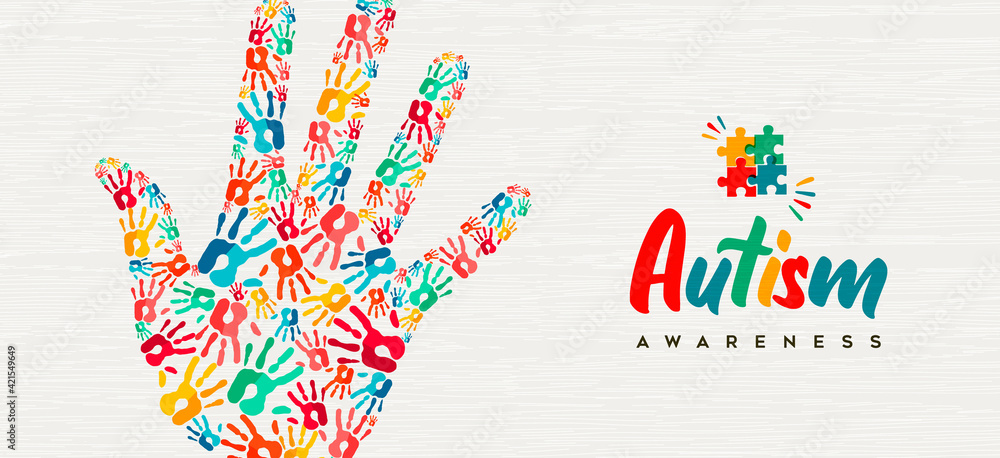A sensory overload happens when your five senses take in more information than your brain can process or understand. This can overwhelm the brain, which can lead you to be in a more irritated, panicked, and anxious state. While anyone can get a sensory overload, people with certain pre-existing disorders are more likely to experience them. For instance, people with autism spectrum disorder are more easily overwhelmed in situations that may not bother neurotypical people.
Autism encompasses a broad range of conditions that prevent someone from comfortably communicating and interacting with others. Inability to communicate, engaging in repetitive behaviors or interests, and delays in development are common signs of autism. Autism is a spectrum disorder, which means that individuals diagnosed with autism don’t always show the same symptoms. For instance, some autistic people can communicate well with others, while others might be unable to talk at all.
Most autistic people are inherently more sensitive to visual and auditory stimuli, or experiences. This means that certain situations, such as watching a concert or visiting places with bright lights, might be more overwhelming and irritating for autistic individuals. Scientists hypothesize that the dysregulation of GABA receptors, which control the activity of neurons, or brain cells, might contribute to this inability to process many stimuli. However, there hasn’t been any direct evidence in the past that shows that regulating GABA levels in a person can help ease the hypersensitivity experienced by autistic individuals.
GABA is a molecule that helps regulate the activity of neurons, or brain cells. It might be dysregulated in the brains of autistic individuals.
Image Source: zf L
Recently, a group of scientists has shown that regulating GABA receptors could help with the hypersensitivity, or ‘noisiness’ in the brain, experienced by autistic people. The study recruited autistic and neurotypical patients and gave them either a placebo or arbaclofen, a drug that modifies the level of GABA in the brain. The scientists then measured brain activity levels while the participants looked at an optical illusion, which served as an intense visual stimulus.
The study found that when autistic patients were given arbaclofen, their brain activity was similar to that of neurotypical participants. This means that regulating GABA activity in the brain helped clear some of the noisiness in autistic individuals, allowing them to process intense visual stimuli better than they previously could.
While this study is promising, we cannot give arbaclofen to autistic patients just yet. The drug still needs to go through clinical trials to ensure that it is safe for public use and to make sure there are no adverse side effects. In addition, since autism is a spectrum disorder, arbaclofen could affect different autistic individuals differently. If the trials go well and seem to help a broad range of autistic individuals, however, we could have a medication that helps autistic people process information around them better. Hopefully, our autistic loved ones will someday be able to happily experience concerts and other incredible experiences!
Featured Image Source: Cienpies Design










